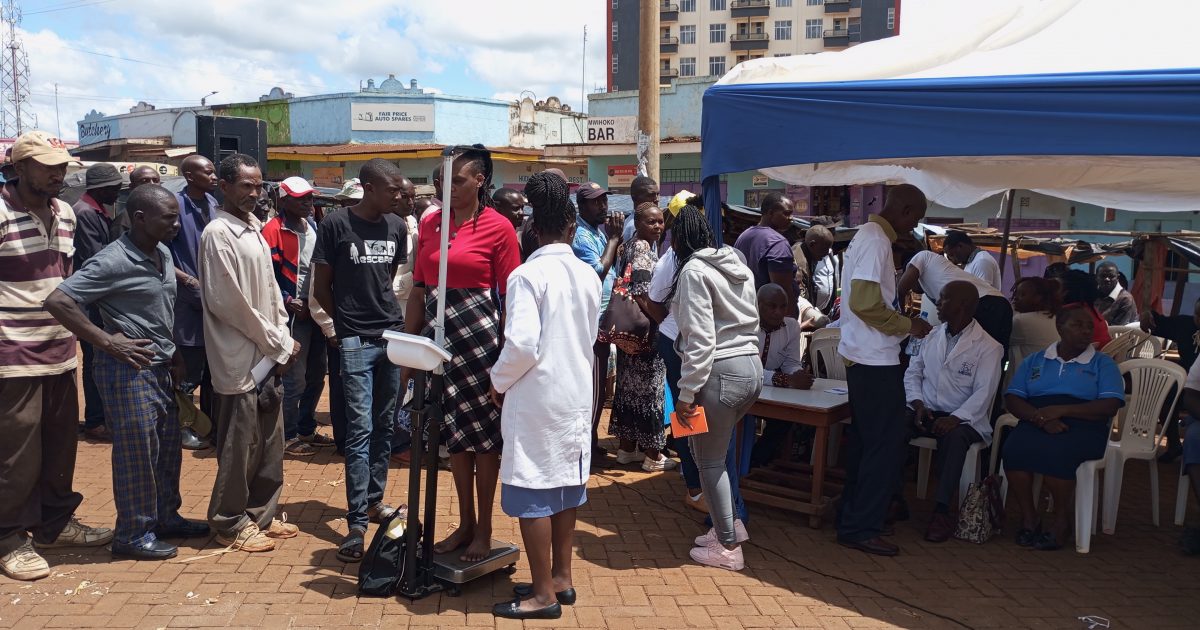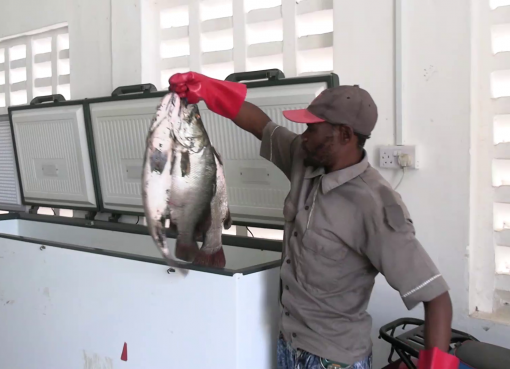Murang’a County’s Department of Health has proposed the launch of a specialised clinic to support children living with type 1 diabetes as they transition from paediatrics to adulthood.
Speaking to KNA in Murang’a Town, the County Coordinator for Non-Communicable Diseases (NCD), Dr. Christine Kerubo, said the county is planning to launch a transition clinic for patients with type 1 diabetes from the age of 13, noting that teenagers have a hard time coping with the disease.
Kerubo said that she believes that peer support, which has proven effective even with the older generation, will help teenagers adhere to medication.
“Knowing that they are not alone will help them build acceptance, which leads to better controlled sugar levels in the body as they will adhere to medication,” she stated.
She noted that the clinic is a bid to sensitise the public and support diabetes patients, and it will also bring parents and caregivers of patients with type 1 diabetes for support.
“Dealing with an illness such as diabetes also affects parents, and therefore they also need support so that they, in turn, support their children.” She said,
The doctor noted that parents are sometimes in distress as their children who have been diagnosed with diabetes are often in denial and sometimes do not adhere to medication, and said they will also benefit from the clinic.
“Children and especially teenagers have a hard time accepting such a chronic illness and may sometimes skip prescriptions or even discontinue medication,” Kerubo said.
“We have seen children being rushed to the hospital in critical condition when they don’t adhere to their medication, and the proposed clinic will aim to reduce such incidents.” She added.
She observed that although young people living with diabetes get their medication free of charge at all public health facilities, they still need social and emotional support.
“The children have access to short-acting insulin and long-acting insulin for free up to 24 years of age.” She noted,
“We will therefore be setting up a cohort of young diabetes patients who will be coming to the clinic on set days, especially during school holidays, so that they can interact and encourage each other.” She added
Meanwhile, the NCD Coordinator urged the general public to get tested for type 2 diabetes so that they can adjust their lifestyles accordingly in order to avoid any complications.
By Purity Mugo and Anita Omwenga





